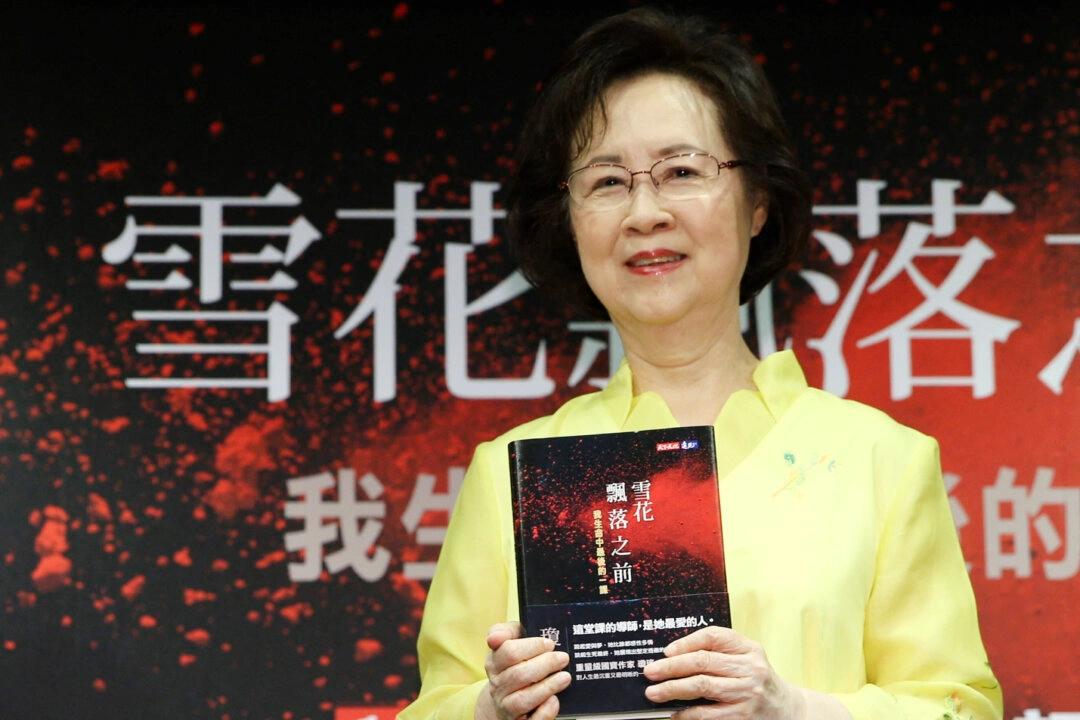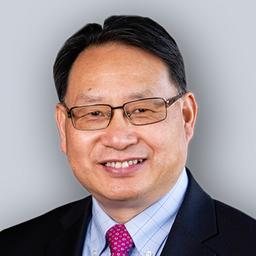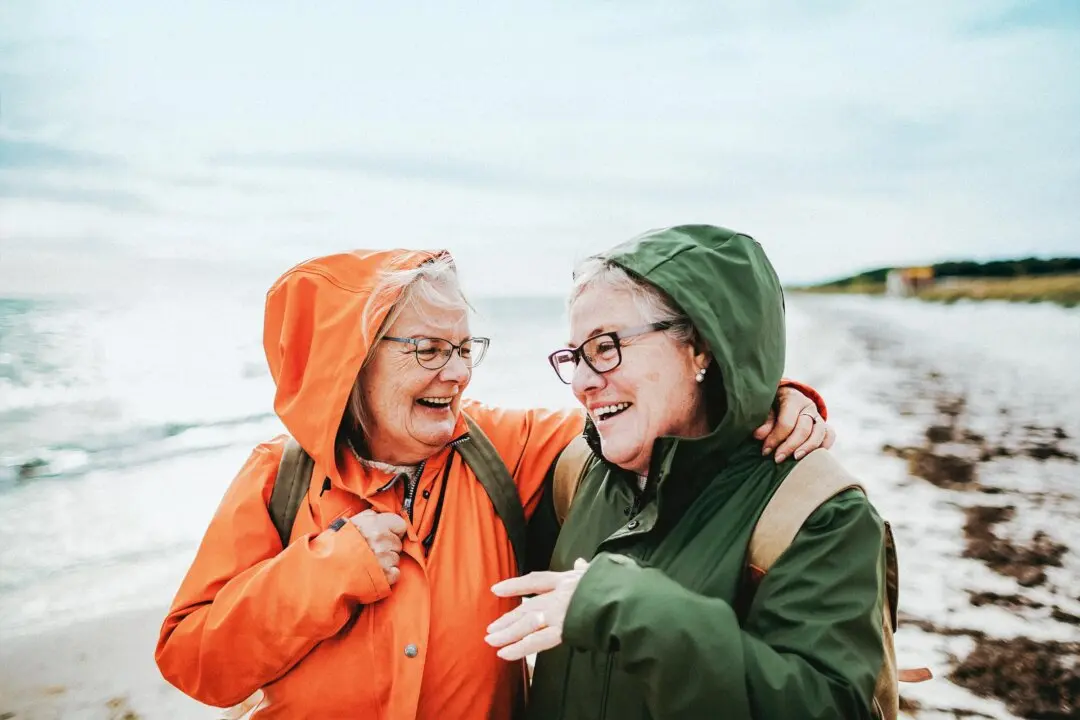Health Viewpoints
Chiung Yao’s decision to end her life by suicide has sparked both sorrow and deep reflection. A beloved writer in the Chinese-speaking world, Chiung touched generations with her heartfelt love stories. Yet, what happened to her in her later years and the choices she made shocked many.






